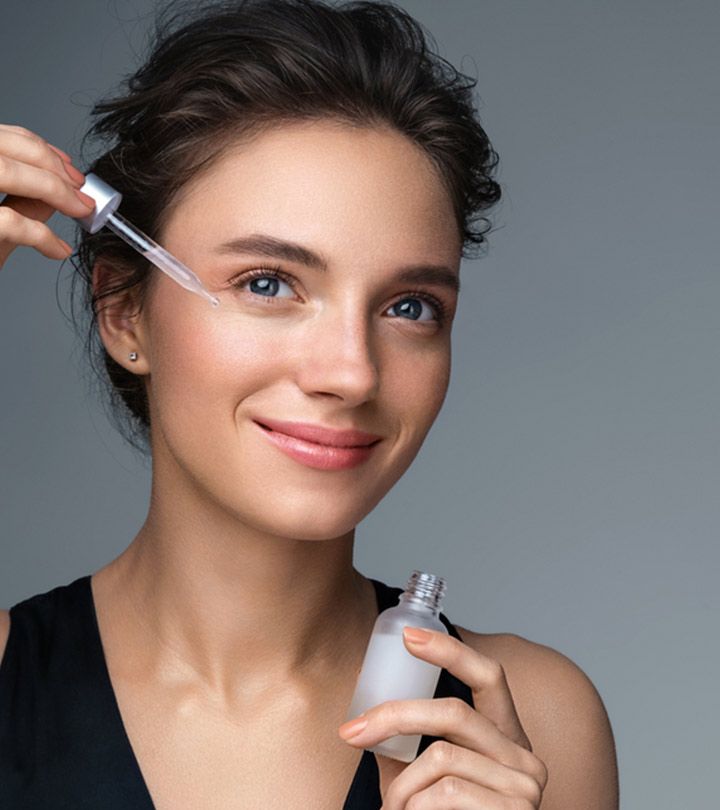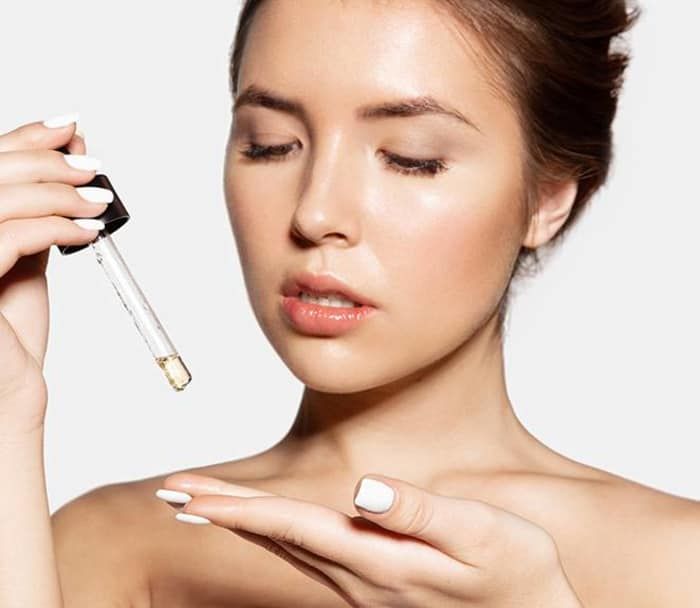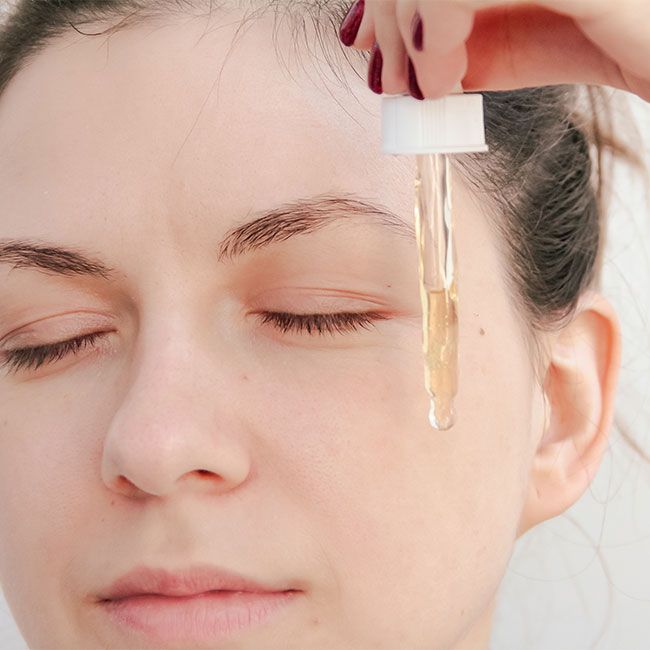
Anti-Aging Advancements, Think of this: You get up, take a glass of water, and spend some minutes stretching before leaving for a brisk morning walk outside. Though it’s a little ritual, those basic behaviors, hydration, activity, and fresh air, are already helping you live longer.
From what we eat to how much we sleep, every decision we make shapes our aging. Not only is our aim to live longer, but also to be alive and energetic while we do.
Rapid changes in science are helping us to understand how to slow, or even reverse, some features of aging.
Modern treatments, including peptides, proteins, and other creative ideas, are opening the path for a time when longevity will be determined by active lifestyle choices rather than only genetics.
Let’s explore the most sensible, scientifically supported strategies to maintain our bodies healthy for decades to come and our cells younger.
Cellular degeneration and the accumulation of damage over time are the underlying causes of aging. Cellular processes drag, DNA builds up mutations, and the body loses its powers of regeneration.
For ages, traditional skin care has concentrated on treating the external signs of aging: wrinkles, lack of elasticity, and sagging skin with creams, serums, and cosmetic procedures. But new research indicates that, in two decades, the next frontier of anti-aging will involve the replenishing of the body on a cellular and genetic level.
Peptides offer one of the most fascinating developments in the anti-aging sector. Amino acids are building blocks joined in short chains that make peptides.
From cell signaling to tissue repair to collagen generation, they are fundamental for all biological processes. Peptides have become a potent weapon in anti-aging treatments since they significantly help the skin to naturally regenerate. Copper peptides are the finest approach right now to boost renewal and strengthen skin.


Anti-Aging Advancements, By either accelerating the healing of wounds or raising collagen synthesis, this helps skin to be more stable and flexible.
Another often studied peptide, Matrixyl, also helps to increase general skin suppleness and efficiently lessens the look of wrinkles.
The potential applications for peptides extend beyond skincare into overall health and longevity. There’s a synthetic peptide known as BPC-157 derived from stomach juices that has been found to have extraordinary abilities in promoting tissue repair as well as reducing inflammation, which does slow down aging processes.
A naturally occurring peptide called thymosin alpha-1 has also been shown to enhance immune function, which declines with age.
Scientists think peptides such as these might help extend not just lifespan but also healthspan, the portion of life spent in excellent health, without debilitating chronic diseases and frailty.
Anti-Aging Advancements, For the skin and connective tissues found in our bodies, certain proteins, collagen and elastin maintain their firm and elastic character. Our bodies lose capacity to generate these proteins as we age, and aging symptoms start to show.
High-tech protein-based treatments meant to replace these missing components are under development by researchers. Studies have revealed, for instance, that hydrolyzed collagen supplements can greatly increase skin moisture and over time help to reduce wrinkles.
Possibly the most exciting field of anti-aging research is senolytic chemicals, which kill senescent cells. Senescent cells, aged cells that lose their capacity to proliferate but nevertheless release inflammatory signals, cause aging and age-dependent illnesses. Among the various possible senolytic drugs researchers have identified include quercetin, fisetin,, and dasatinib.


Research on animals has shown how well these drugs eliminate senescent cells and revive tissues. Although human trials are still in their early years, so far the findings show that by removing senescent cells, longevity could be extended and general health improved—an amazing breakthrough.
The NAD+ (nicotinamide adenine dinucleotide) study, a coenzyme found in all living cells, is another state-of-the-art development in the field of anti-aging. NAD+ is critical for energy metabolism and cellular repair, and its levels decrease with age.
The MIT study used animals to show what happens when you raise NAD+ levels by giving them precursors like nicotinamide riboside (NR) and nicotinamide mononucleotide (NMN).
NMN and NR may help mitochondria work better, repair DNA, and even make you live longer. Early studies show that raising NAD+ levels may help reverse age-related decreases in energy, cognition, and general vitality.
Anti-Aging Advancements, The future of anti-aging science extends beyond the realm of peptides, proteins, and cellular interventions to the realm of genetic and regenerative medicine. Researchers are investigating gene therapy as a potential method to repair age-related genetic damage and enhance cellular function.
Scientists are attempting to exploit CRISPR gene-editing technology to edit any genes contributing to the aging process in an effort to prolong healthy years. Chances are you are familiar with that, noting that stem cell therapies (which can actually regenerate damaged tissues and encourage healing) are also gaining traction and potential applications for anti-aging treatments for skin and other portions of the body.
The role of AI and personalized medicine is also poised to disrupt the anti-aging industry. AI-conformed diagnostics examine genetics, lifestyle, and biometrics to build individualized anti-aging regimens.


Big data and machine learning enhance researchers’ ability to determine the most effective combination of treatments and therapies for each individual, thereby optimizing their longevity strategy and enhancing their quality of life.
Though wonderful as it sounds, the anti-aging future is not monolithic yet. Many of these are in the early phases of study, hence even if the first search results are encouraging, more studies and clinical trials will be needed before they can be generally applied.
Ethical issues also arise when treating for longevity presents difficult questions about availability, cost, and the wider consequences of a greatly extended human lifetime.
But in spite of these obstacles, the outlook for anti-aging has never looked brighter. As biotechnology, regenerative medicine, and personalized medications advance, the vision of slowing or even reversing the aging process is starting to move from science fiction toward reality.
Although no golden “fountain of youth” may be within close proximity at this date, the innovations of today might be waiting for us, enabling not just more years in later life but the quality of those years, ease of movement and the absence of chronic disease.
Anti-Aging Advancements, Though it is unavoidable, our aging is mostly under our control. We may extend not just our years but also our quality of life by making wise decisions, including eating healthy, staying active, controlling stress, and using scientific developments.
With ongoing research, anti-aging has a bright future, and we might soon be able to slow down (or perhaps stop) the aging process.
Start tiny, then. Increase your water intake; move your body; perhaps replace that sugary snack with a handful of nuts. Your future self will thank you.

Peptides are small chains of amino acids, the building blocks of proteins. Peptides can increase collagen production, fix damaged tissues, and make skin more elastic. This means that anti-aging treatments that use peptides are very good at getting rid of wrinkles and fine lines.
Although most peptides and proteins applied for topical use in the cosmetic and health care arrangements are thought to be perfectly safe, some persons may experience an allergy or irritation. We advise you to consult a healthcare expert before using any new treatment.
Studies indicate that higher NAD+ levels can help enhance cellular repair and energy production and theoretically slow aging in some respects. But we need more clinical studies to confirm long-term benefits and safety.
Senolytics are drugs that selectively kill off senescent cells, the cells that promote aging and inflammation. Eliminating such cells with senolytics may enhance tissue regeneration and lower the risk of age-related diseases.
You’re already seeing some of these treatments, from NAD+ supplements to peptide-driven skincare, on the market. Yet, many new technologies, such as gene therapy and senolytics, are still in the early phase of research and will most likely take several more years before they are available in traditional healthcare.
Absolutely! Youthful skin and great health are dependent on diet, exercise, hydration, and avoiding stress. In addition, these factors may empower new anti-aging procedures in the years to come.